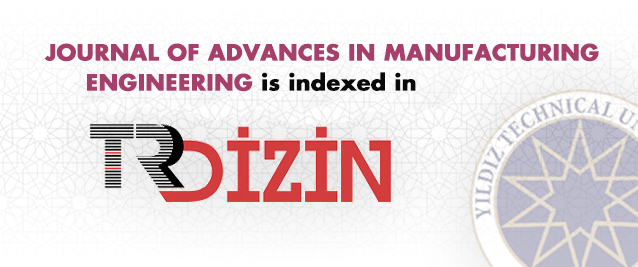Abstract
This study explores the fabrication and performance of functionally graded gyroid lattice structures produced by material extrusion (MEX) using polylactic acid (PLA). Lattice thicknesses were varied from 1 mm to 5 mm across five series to optimize weight reduction and compressive strength. Thermogravimetric (TGA) and differential thermal (DTA) analyses indicated a PLA degradation point between 350–400 °C, with peak decomposition near 400 °C. Hardness tests averaged 77.6 Shore-D, showing consistent mechanical properties across graded samples. Compression tests revealed three deformation stages: linear elasticity, elastic-plastic transition, and densification. Results showed that increased lattice thickness correlated with higher initial peak stress, ranging from 6.8 MPa at 1 mm to 25.3 MPa at 5 mm, indicating enhanced structural robustness. The study demonstrates that functionally graded lattice structures can be tailored for specific mechanical needs, supporting their suitability for lightweight, load-bearing applications in fields such as automotive and aerospace. The successful production of complex gyroid structures using MEX confirms the method’s capability in creating advanced, structurally efficient lattice designs.














